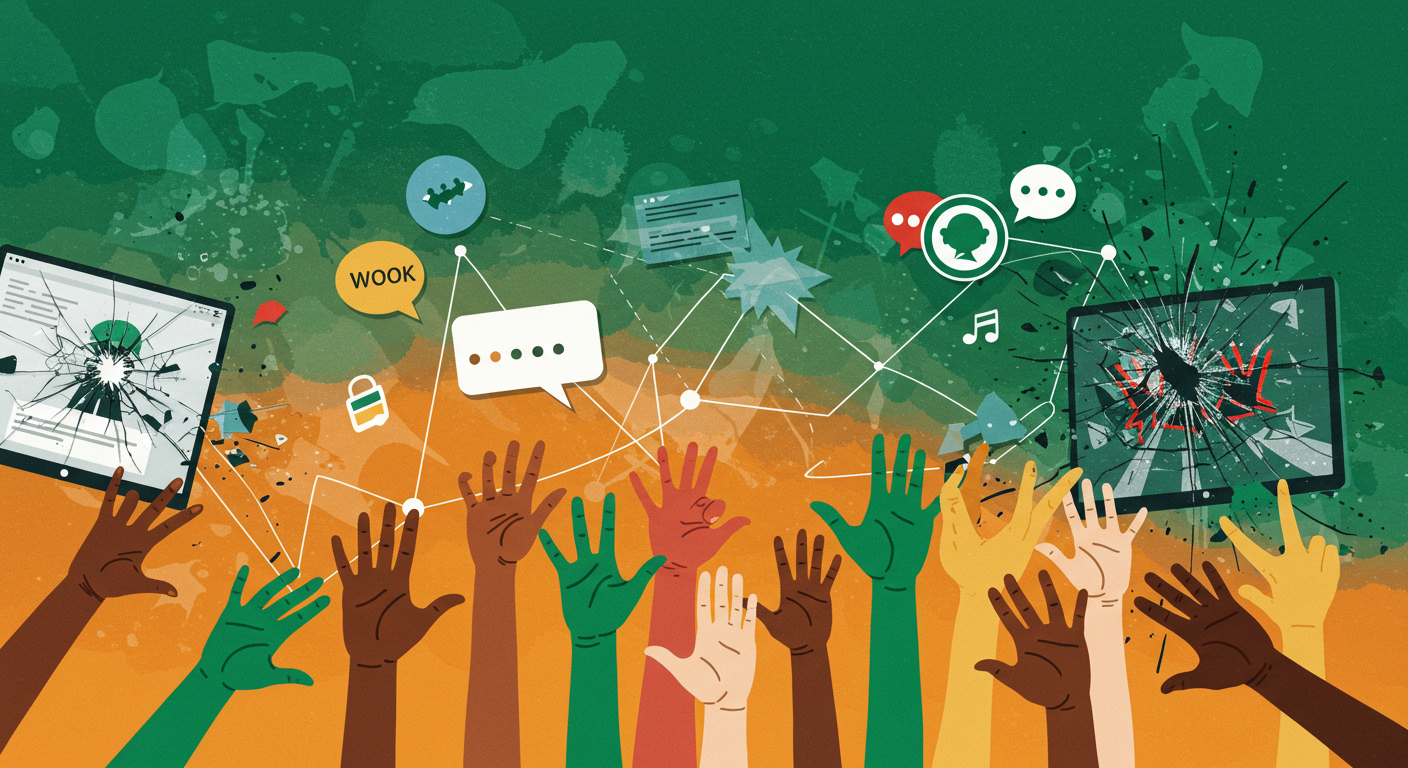Today marks the International Day for Countering Hate Speech. Consequently, businesses are urging brands, marketers, advertisers, and journalists to be more serious about their content. This is especially vital online. After all, false information and divisive speech spread quickly there.
The UN initiated this day. It, therefore, addresses the global rise of online hatred. This year’s theme, moreover, focuses on the media and advertising industries. They are strong forces. In fact, they can either fight damaging stories or even spread them.
A Responsibility Beyond Sales and Clicks
From catchy taglines to viral content, words have power. However, media commentators note a blurring line in Nigeria’s digital ecosystem. This occurs between provocative and divisive content. It is especially true for firms seeking to trend, for instance.
We must move away from seeking attention at all costs. Instead, an intentional effort is needed to genuinely connect with people. Furthermore, clickbait headlines, tone-deaf advertisements, and insensitive campaigns harm reputations. They can also deepen societal divides, as a result.
Marketers and Advertisers: Walking the Line
Marketers in Nigeria will have greater sway than ever. Online ad spending is expected to increase by 14.2% this year. However, ethical pressure is also part of this effect.
An ill-conceived advertisement or influencer collaboration can quickly escalate. Indeed, a savage backlash can occur in hours. Therefore, reaching an audience is more important than ever. Ultimately, the message you convey truly matters.
Read also: Navigating the privacy paradox in a digital world
Journalists and Bloggers: The Gatekeepers
Online media often enable the spread of hate speech. This happens whether consciously or unknowingly. As a result, sensational headlines, dubious sources, and platforms promoting hateful narratives are under scrutiny. This includes those operating in the name of “balance.”
Media monitoring organizations have issued recommendations. Specifically, they advise editors and content creators to use stronger checks and language norms. This is particularly vital when covering religion, ethnicity, and gender.
Freedom of expression does not imply freedom to incite. Thus, our responsibility is to inform. We must not inflame.
Time for a New Industry Code?
Local Nigerian agencies are debating a new ethical advertising code. It would, moreover, tackle hate speech and the amplification of bad content. This discussion follows the recent rollout of AI moderation capabilities. Global platforms like X (formerly Twitter), Meta, and TikTok, for example, have introduced these.
Many public relations and media organizations are considering internal audits. They also plan to provide training to employees. Consequently, the training will cover responsible storytelling and inclusive language.
Looking Ahead
Hate speech has progressed. It moved from insults to more nuanced forms. Therefore, experts say we can no longer afford to ignore it.
Silence, or even irresponsibility, can speak volumes for brands. This is especially true for brands proud of their principles. It also applies to purpose-driven marketing, moreover.
Creativity alone will not suffice. It won’t be enough to evaluate your next campaign. Instead, morality will decide the outcome.
Also Watch: MARKETING EDGE ONTV







Comment
No comments found.